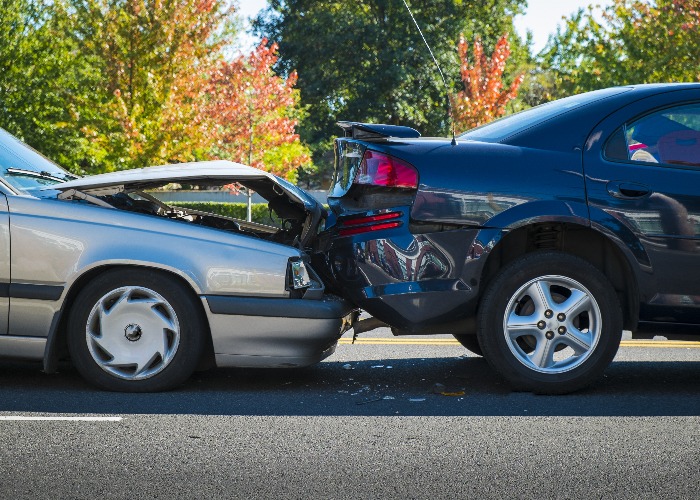Have you unwittingly bought a written-off car?

An investigation found ten write-offs being sold on the second-hand market with a clean bill of health.
Unsuspecting car buyers are being sold written off vehicles without their knowledge.
An investigation by Auto Express found crashed cars that insurers have judged as beyond repair being given a clean bill of health and sold to motorists on the second-hand market.
The cars fell into the ‘Category S’ group of write-offs which means they've sustained damage to their basic structure. For example, their chassis might have been damaged, or they’ve had a suspension issue.
Although insurers have judged them as not worth saving they can still be sold at a salvage auction to anyone who doesn’t mind the repair costs. It is perfectly legal to sell repaired Category S cars but not without informing the buyer and they have to be re-registered with the DVLA.
Auto Express ran vehicle history checks with two popular providers, HPI and Experian AutoCheck. Car buyers rely on these checks to flag up problems, yet the investigation found ten Category S vehicles available for sale, none with any record of them having been written off.
The most reliable cars - and the ones to avoid
How has this happened?
Fernando Garcia, HPI’s consumer director told Auto Express that it ‘constantly monitors the quality of the data it generates and receives.’ Experian said that if the vehicles were not recorded as a total loss they didn’t show up as being written off.
Insurance companies are required to tell the DVLA when a car has been written off and Auto Express found that 97% of insurers load their information onto the Motor Insurers’ Bureau (MIB) database.
Despite this, some cars can fall through the cracks. For example, there’s no time frame to file a report that a vehicle has been written off, which could cause a delay in record updating.
How to safely sell your used car on Auto Trader, Gumtree or webuyanycar.com
What does this mean for buyers?
Although Auto Express' investigation was only small-scale, it has serious implications for customers’ safety and their wallets.
Normally, anyone buying a Category S car is advised to have an independent mechanical inspection as a safety precaution. However, if motorists don’t know the car’s been written off, they’re unlikely to book an inspection.
Buyers who discover their car was previously written off will also lose value on their purchase. It's a criminal offence to sell a written-off car without declaring, it which raises questions over how the second-hand market is monitored.
Auto Express says that anyone concerned about their second-hand car should consider paying for a mechanical inspection. Subject to terms and conditions, HPI and Experian both offer customers a guarantee if they end up suffering financial losses as a result of their background checks.
Comments
Be the first to comment
Do you want to comment on this article? You need to be signed in for this feature